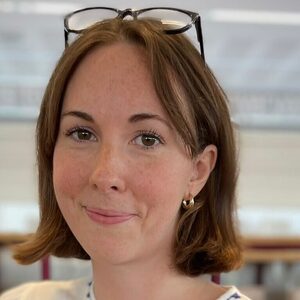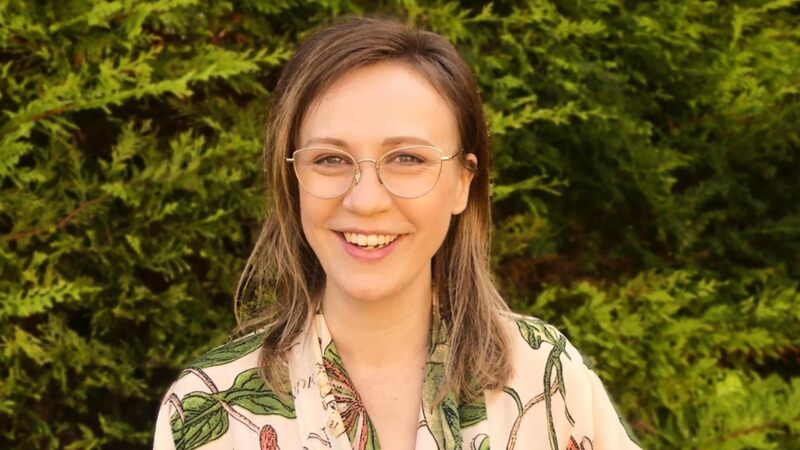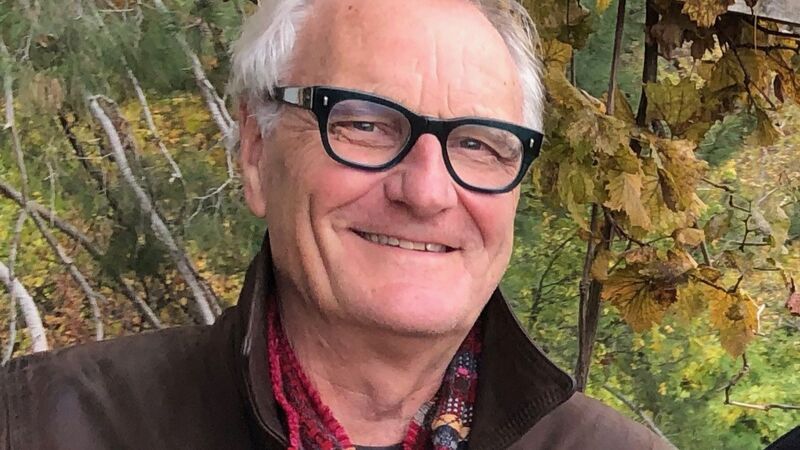You are viewing your 1 free article this month. Login to read more articles.
Revelations of an editor-turned-agent
Thinking of defecting to the dark side? Here’s what I’ve learnt.
Early autumn last year I steeled myself to take a call. I was publisher of Sphere Non-Fiction and lighting up my screen was an agent whose client I was due to be publishing the following year, except my boss at Little, Brown had just told him I was leaving to become an agent myself. I already felt guilty about leaving my authors, so I was self-centredly imagining that he was about to add fuel to that fire. In actual fact, he was just calling me for a nice gossip – about why I’d done it, how great it was to be an agent and how if I ever wanted a chat he’d be around. "Welcome to the dark side," he said and I laughed.
The next day, I had a conversation with a similarly helpful agent. "Let’s get lunch. Welcome to the dark side," I laughed again.
But then when the next agent said it and literally every other agent after that, à la Carrie Bradshaw, I couldn’t help but wonder what the hell this dark side was I was letting myself in for.
I’m now several months into my role as an agent at The Blair Partnership and, to mark the passing of my probation – hooray – I thought I’d share a few things I’ve learned about publishing’s shadowy realm. If you’re an editor thinking about making the move, I particularly hope this will be helpful for you.
The first surprise (after the sacrificial initiation) was how team-driven everything is. Without an editorial meeting and a book’s varied campaign to work on, I’d been bracing myself for how independent my day-to-day job would now be. Not so (at least at The Blair Partnership). The editorial meeting has an equivalent – the agency meeting – and it’s far easier to get feedback on every part of your job than it is as an editor. We swap notes on each other’s pitches, proposals and the submissions list all the way through to collecting opinions on clients’ covers. I’ve always loved working with rights colleagues but they occupy a separate team in a publishing house; now I get to sit with and gather intel from my rights colleagues every day. So if you don’t think agenting’s for you because you don’t like working on your own, scratch that con out – it depends on the agency.
I can confirm my diary is basically as busy as it was before and therefore comes with the same challenges of having to fit everything else in
A bubble I must burst is the belief that there are fewer meetings. If you don’t work in a publishing house, you might not know that much of the reading and big thinking work inevitably ends up being done before and after the working day, and on Fridays (except in summer when most of publishing disappears for half of it to drink rosé). Wistfully, publishing employees look at agents and assume they must enjoy tidier diaries. I can confirm my diary is basically as busy as it was before and therefore comes with the same challenges of having to fit everything else in. But the difference is the meetings are more exciting (in my opinion and thank God, I suppose, given I’ve swapped jobs). Rather than process meetings, most have been pitching (to new clients, editors, production companies etc), brainstorming ideas with clients or the agency team, and expanding networks that might present new opportunities for our clients.
Which leads me onto my biggest surprise: I’m not in Book-land anymore, I’m in Story-land. Our agency’s mission is to help authors connect to their audiences through as many engaging storytelling directions as possible, not just through book deals – I knew that before I started and it was one of the reasons I wanted to work here. But I didn’t really know. Since joining, I’ve met with podcast networks and all types of producers, negotiated brand partnerships and watched my colleagues broker everything from theatre deals and skincare collaborations to Hollywood movies for their clients. It helps that this agency is just one arm of a giant innovative body – my kitchen chats are with documentary-makers, drama producers and product managers for the biggest book franchise in the world. The effect this has on the way you think about authors and the opportunities you can help them to explore is huge. If creativity and variety are elements you value in your job, and you love other media outside of books, then agenting – at the right place – could therefore be ideal for you.
If you’re a non-fiction editor thinking about becoming an agent, then heads up that finding clients depends a lot on networking and approaches, so I’d say this needs to be the backbone of your skillset. While I’ve had hundreds upon hundreds of submissions already, only a handful so far have given me pause for thought, and unfortunately not sufficiently for me to proceed to offering representation. It’s not nice crushing so many hopes and dreams and I do wonder how publishing as a whole could be more honest with prospective authors about what a commercial book proposition looks like – and crucially how we can communicate that in a more impactful way. There’s so much information out there already, but if my submissions inbox is anything to go by, writers aren’t finding it – or if they are, they’re not taking it in.
A couple of things I hadn’t expected: one of the reasons I moved was because I wanted the time to approach people I believed had amazing books in them, and that’s been as fulfilling as I wanted it to be. But I didn’t know just how rewarding it would feel to be someone’s advocate. I also expected that I’d enjoy negotiating from this side of the fence but – not to scare the horses – it’s actually even more satisfying than I’d imagined: fighting on behalf of a person rather than a company, and having skin in the game to boot, is delicious.
I could go on but I can’t reveal all the dark side secrets I know or they’ll kick me out before I’ve properly started. So I shall draw to a close by saying that honestly one of the loveliest things has been getting to know all the editors and m.d.s I didn’t before, and seeing how the ones I’ve known for years do what they do. I might be starry-eyed about my new colleagues, but getting to see multiple houses in action from this new vantage point has meant I’m more in awe than ever of non-fiction editorial, their passion and dedication. I can’t wait to work with you all.


















